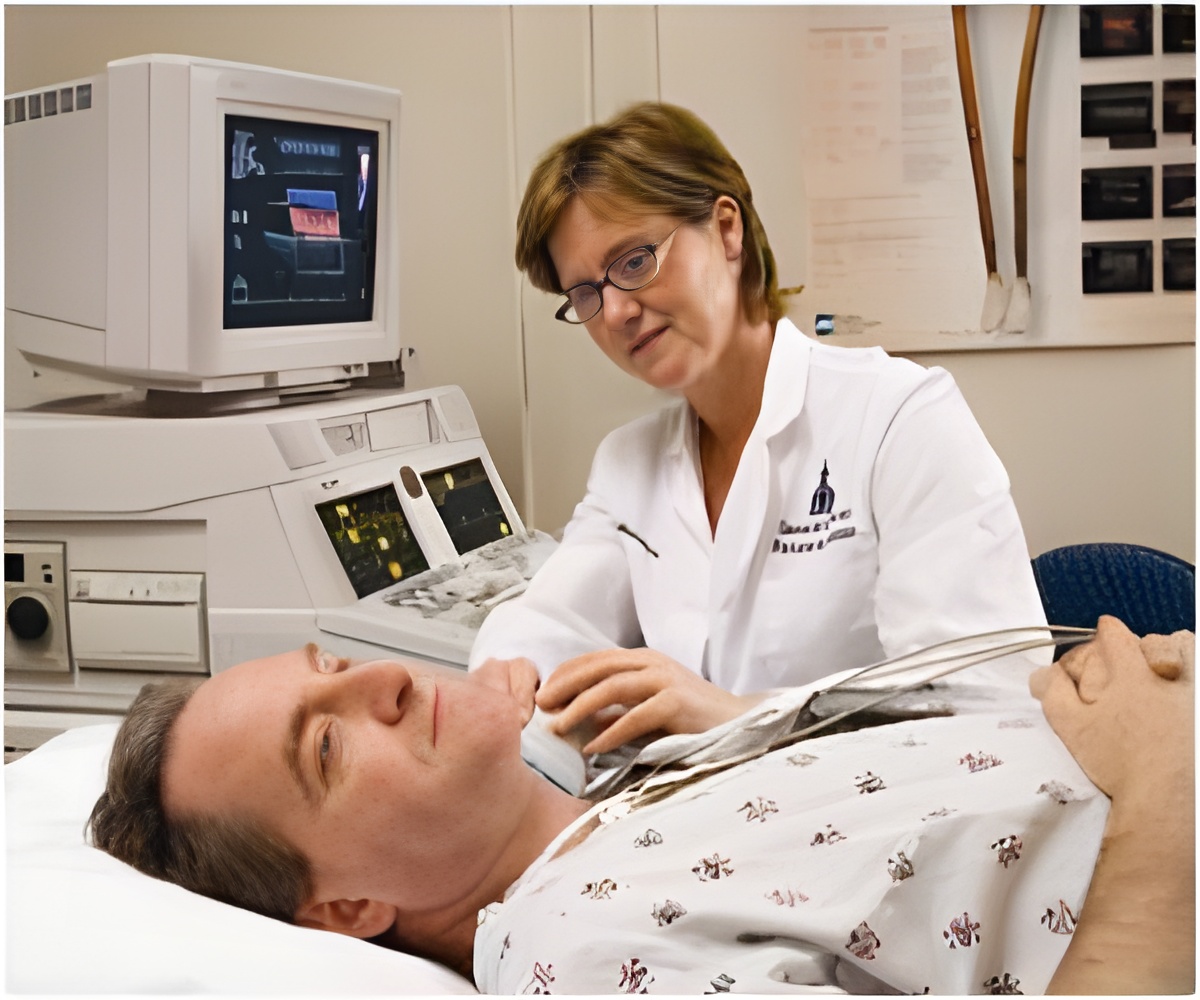For uninsured people living under the federal poverty level in the suburbs when they receive access to primary care, a new study shows significant health benefits.

The study illustrates the potential benefits of the Affordable Care Act (ACA) implementation and a promising solution to accessible health care for what are expected to be up to 30 million people who will remain uninsured even after ACA implementation.
The high stakes for the uninsured are well known. "The likelihood of dying or having a major health decline is much greater the longer older middle-aged people are exposed to being uninsured," said Joe Feinglass, lead author on the study and a research professor of medicine at Northwestern University Feinberg School of Medicine.
"Surprisingly little has been known about the health effects of getting access to primary care," Feinglass said. "We have evidence that that there is a big impact."
The paper will be published Sept. 12 in the Journal of Community Health.
Poverty is rising in the suburbs of large metropolitan areas in the U.S. that have been hurt by the economic downturn and job losses. The site of the study, suburban Chicago's DuPage County, reflects this encroaching poverty, especially in collar counties. As in many suburban areas, there is no public hospital system in DuPage and few Federally Qualified Health Clinics (FQHCs.)
Advertisement
"The dramatic demographic change that suburban counties are experiencing exacerbates the lack of a health care safety net such as community clinics and public hospitals traditionally located in urban centers," said senior study author Melissa Simon, M.D., associate professor of obstetrics and gynecology at Feinberg and a physician at Northwestern Memorial Hospital. "Creative solutions are required to expand access and improve medical care for high risk, medically underserved populations. Such creativity pivots on successful partnerships between community-based organizations, public health institutions and academic medical centers."
Advertisement
The collaboration is led by Simon at Northwestern University and Richard Endress at Access DuPage. Access DuPage, primarily funded by area hospitals and the United Way and coordinated with the County Health Department, enrolls about 14,000 DuPage residents annually. About half are Spanish speakers. All are assigned to receive care from participating area physicians, area FQHCs and a free clinic staffed mainly by volunteer physicians.
Investigators interviewed 158 very recent Access DuPage enrollees who were asked about the previous year when they were uninsured. Their responses were compared to those of 135 Access DuPage enrollees who had been in the program at least one year.
Results showed after at least one year, established enrollees reported being:
- 1) three times less likely to forego needed medical care due to cost and twice as likely to receive medical tests or treatment as compared to recent enrollees.
2) far more likely have been screened for diabetes, cholesterol, blood pressure, mental health or cancer.
3) far more likely to rate their overall health status as excellent, very good or good and more than four times as likely to rate their health care in the last year as excellent.
Kara Murphy, executive director of Access DuPage, said the study affirms the program is successful in providing health care at costs that are significantly lower than those of typically insured patients.
"That's exciting news and evidence that this is a potential template for other communities who want to provide access to primary care for uninsured, low-income residents," Murphy said.
Previous research has found access-to-care programs cost about half as much per member per month as Medicaid and even less than that amount compared to private insurance, in part because the program relies on charity care from health care providers and does not pay for many services usually covered by insurance such as contraceptives and colonoscopies. Access DuPage coordinates health care at a direct cost of less than $450 per patient per year, Murphy noted.
Source-Eurekalert












